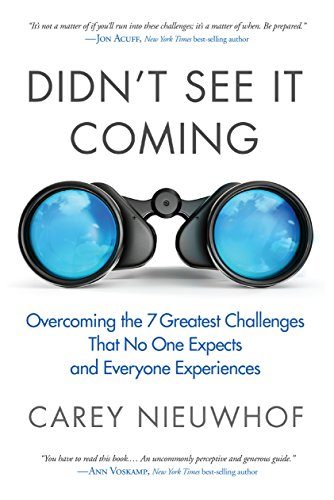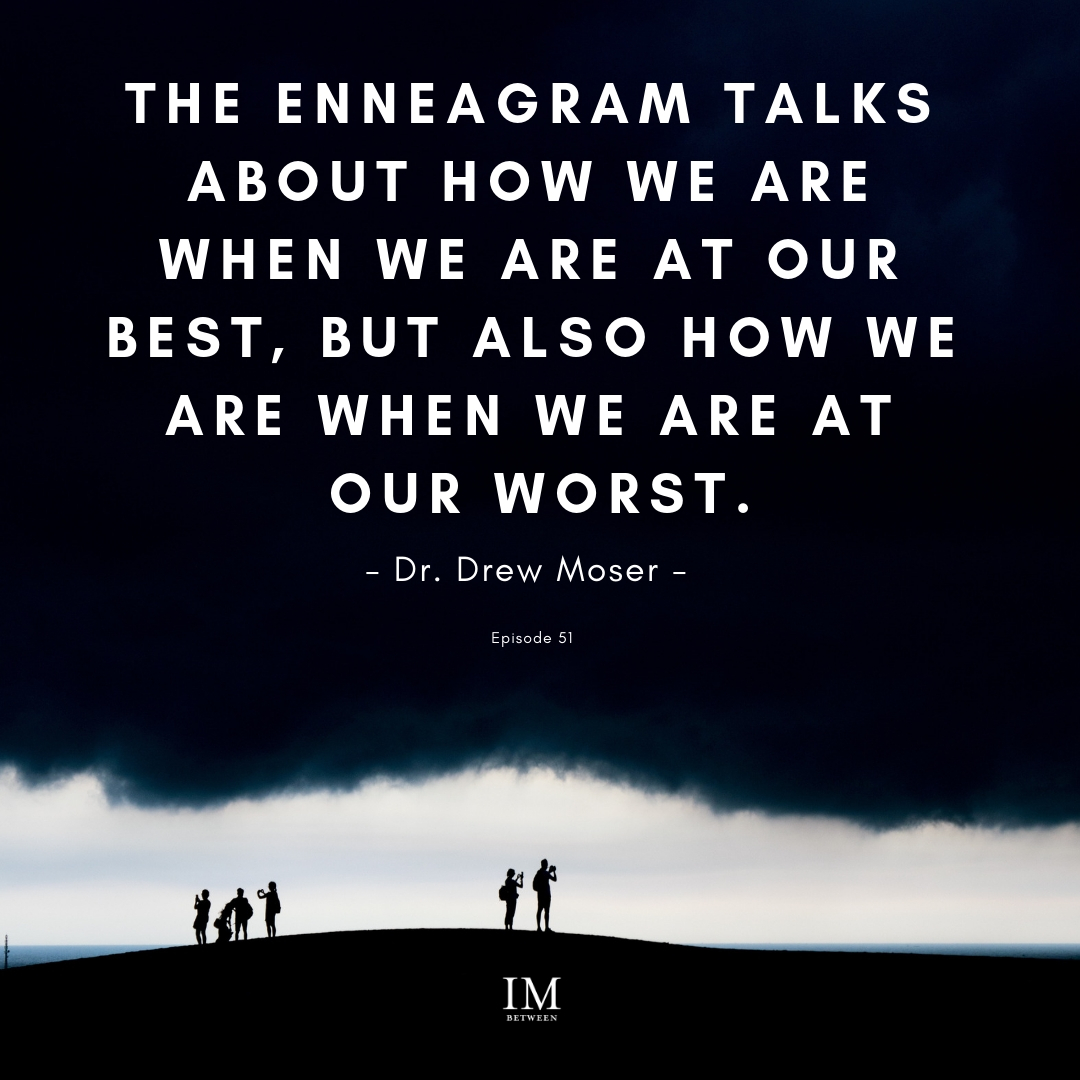I’m not sure if there’s a more helpful and accessible voice for church leaders than Carey Nieuwhof.
His podcast is on point and his newest book, Didn’t See It Coming: Overcoming the Seven Greatest Challenges That No One Expects and Everyone Experiences distills some of his greatest insights into an easy to read book for all church leaders.
You’ve probably seen his book around, but if you haven’t had time to dig into it yet—or if you need a refresher—here are my favorite quotes.
- “Cynicism begins not because you don’t care but because you do care.”
- “What starts as self-preservation soon morphs into something more insidious. You become a bit jaded.”
- “The problem with generalizing—applying on particular situation to all situations—is that the death of trust, hope, and belief is like a virus, infecting everything,”
- “As you grow older, you become more of who you already are.”
- “I realized that left unchecked, cynicism would win.”
- “Cynicism is actually a choice.”
- “Hope is one of cynicism’s first casualties.”
- “An incredibly effective antidote to cynicism is curiosity. Yes, simple curiosity.”
- “Feed your curiosity, and it grows. Starve it, and it withers.”
- “You can’t wonder and discover when you’re in a hurry.”
- “As young leader, I was convinced that competency was the key to success in life. My formula went like this: Competency determines capacity. The more competency you are, the greater your potential. The greater your potential, the greater your capacity…But a few years into my adult life, I began to notice highly competent people who became disqualified from leadership.”
- “If competency doesn’t determine capacity, what does? Character does.”
- “All the competency in the world can’t compensate for your lack of character. Ultimately, your character is your lid.”
- “Character, not competency, determines capacity.”
- “No matter how hard you try, you can’t escape you.“
- “Compromise is in you, and life brings it out of you.”
- “We judge ourselves by our intentions and other people by their actions.“
[Read more…] about Top Quotes on Didn’t See It Coming by Carey Nieuwhof



